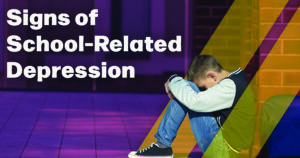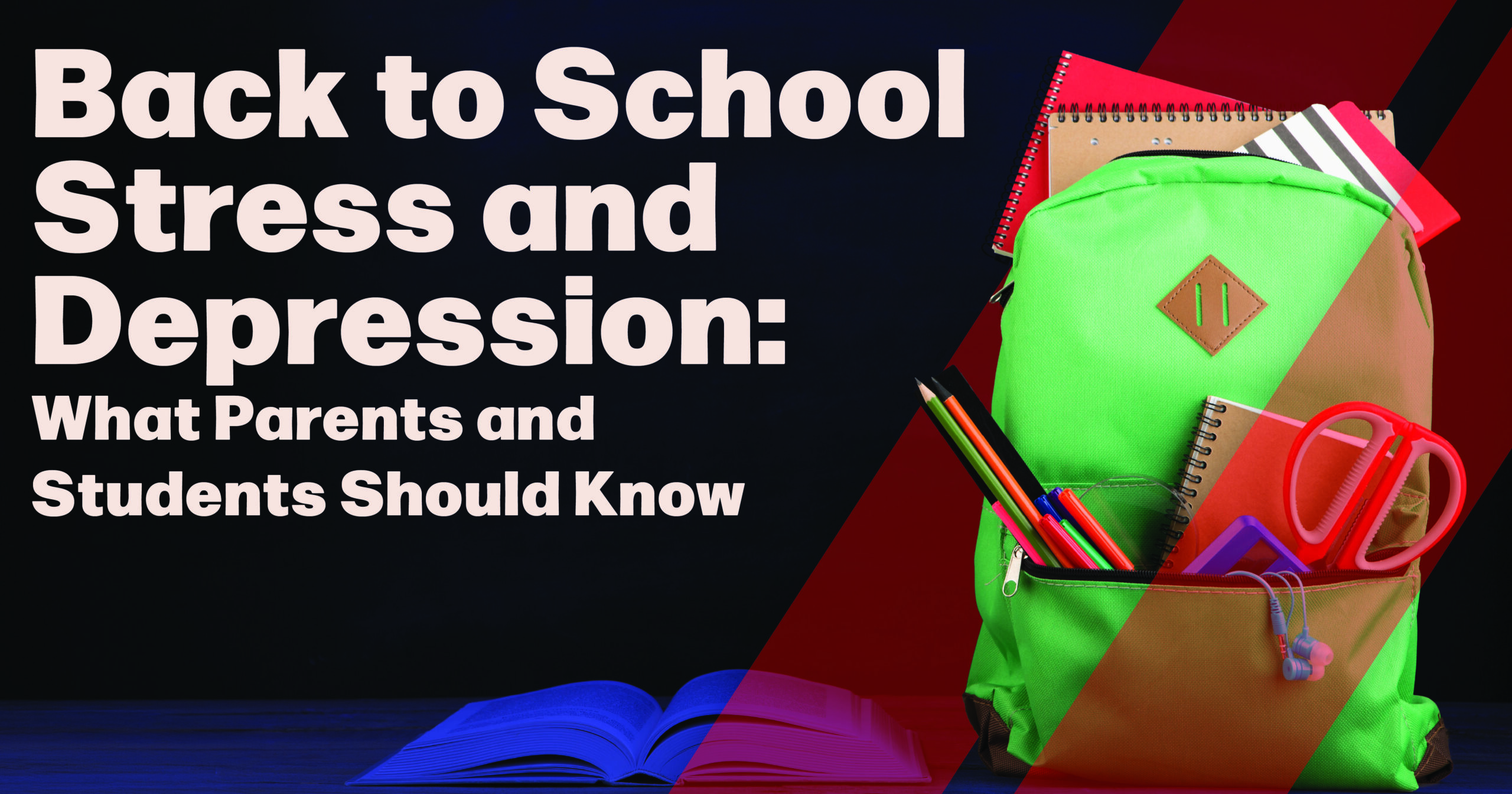Back-to-School Stress and Depression: What Parents and Students Should Know
As summer ends and the school year begins, many families prepare for new routines. But for some teens and young adults, this transition can trigger serious stress and worsen symptoms of depression.
The Hidden Toll of School Stress
While school offers growth and connection, it can also bring academic pressure, social challenges, and constant digital exposure. For students already vulnerable to mental health issues, these stresses can be overwhelming. Depression often begins during adolescence and can affect mood, energy, concentration, and relationships.

Signs of School-Related Depression
- Persistent sadness or irritability
- Loss of interest in school or activities
- Trouble focusing or completing work
- Changes in sleep or appetite
- Withdrawal from friends or family
If untreated, depression can disrupt academic success and long-term well-being.
The Importance of Early Support
Recognizing the signs early can make a big difference. Whether it’s through therapy, lifestyle changes, or support at school, early intervention helps reduce the severity and impact of depression.
Clinical Trials Offer New Hope
In addition to traditional treatments, clinical trials are testing new therapies designed for young people. These include innovative medications, brain-based approaches, and digital tools. Taking part in a trial can offer early access to promising care while helping advance mental health research.
What Parents and Students Can Do
- Stay connected and check in often
- Talk openly about mental health
- Watch for changes in behavior or mood
- Seek help from counselors or professionals
- Ask about clinical trial opportunities
Final Thoughts
Back-to-school season is a time of change—and for some, challenge. By staying aware, supportive, and open to emerging treatments, families can help young people thrive both in and out of the classroom.


